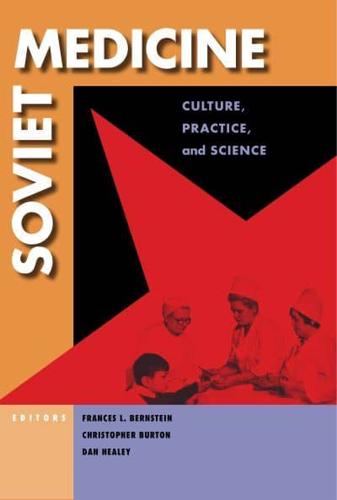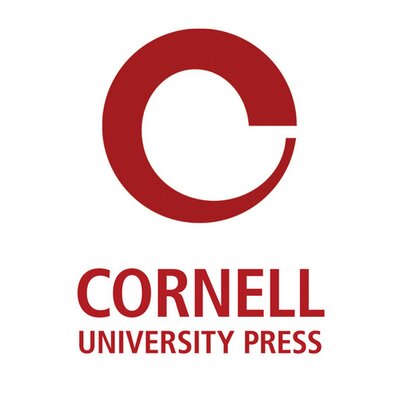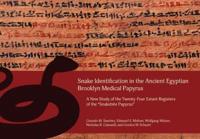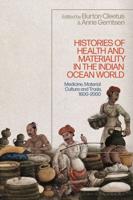Publisher's Synopsis
Thanks to the opening of archives and the forging of exchanges between Russian and Western scholars interested in the history of medicine, it is now possible to write new forms of social and political history in the Soviet medical field. Using the lenses of critical social histories of healthcare and medical science, and looking at both new material from Russian archives and interviews with those who experienced the Soviet health system, the contributors to this volume explore the ways experts and the Soviet state radically reshaped medical provision after the Revolution of 1917. Soviet Medicine presents the work of an international group of leading scholars. Twelve essays-treating subjects that span the 74-year history of the Soviet Union-cover such diverse topics as how epidemiologists handled plague on the Soviet borderlands in the revolutionary era, how venereologists fighting sexually transmitted disease struggled to preserve the patient's right to secrecy, and how Soviet forensic experts falsified the evidence of the Katyn Forest massacre of 1940. This important volume demonstrates the crucial role played by medical science, practice, and culture in the shaping of a modern Soviet Union and illustrates how the study of Soviet medical history can benefit historians of medicine, science, the Soviet Union, and social and gender historians.











